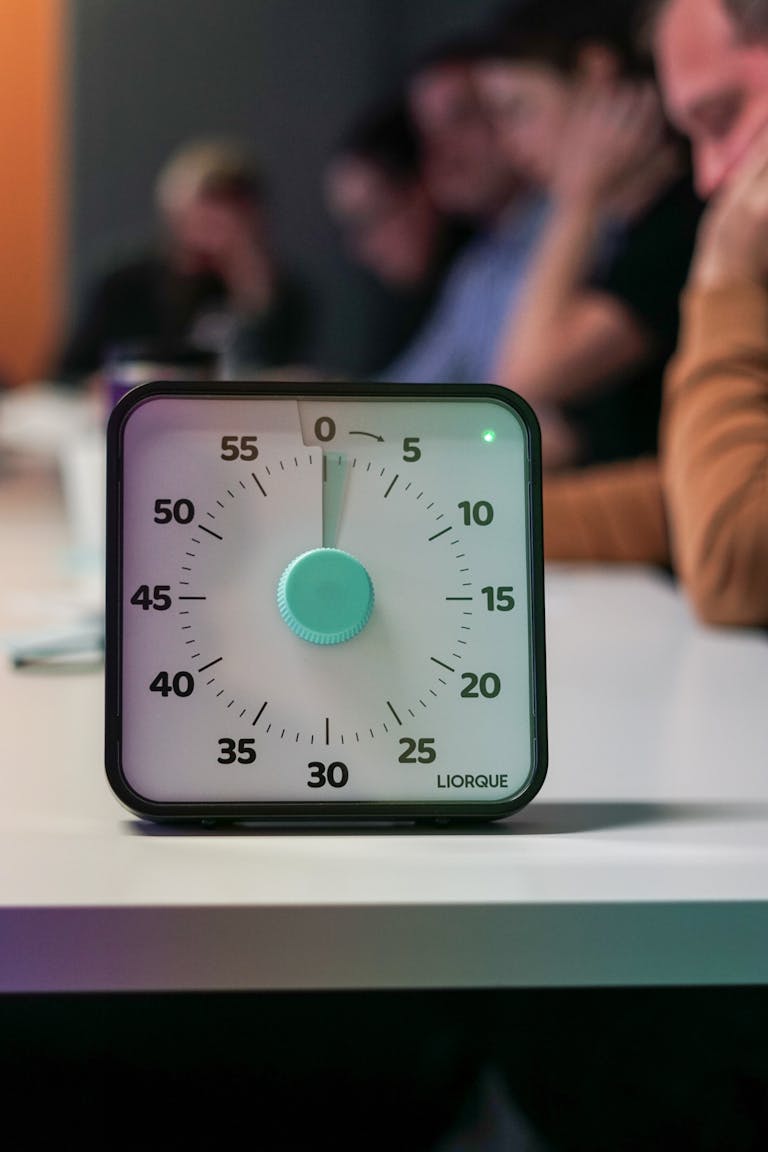Introduction
If you’ve ever said “yes” when you wanted to scream “no,” you’re not alone. Many people struggle with setting boundaries—especially with friends, coworkers, or family. But always saying yes leads to overwhelm, burnout, and resentment. The truth is: saying no is a superpower, not a selfish act. And you can learn to use it without guilt.

1. Understand Why You Feel Guilty
Guilt often comes from:
- Fear of being judged
- Desire to be liked
- People-pleasing habits from childhood
Acknowledging where this comes from helps you reclaim your choices. Saying no doesn’t make you a bad person—it makes you an authentic one.
2. Start With Small No’s
Practice in low-risk settings:
- Decline an invitation to something you don’t enjoy
- Say no to extra work you can’t handle
- Skip a call when you need rest
Each small “no” strengthens your boundary muscle.
3. Use Kind, Clear Language
You don’t need to explain every detail. A short, respectful “no” can be powerful:
- “Thanks for thinking of me, but I can’t commit.”
- “I’m focusing on other priorities right now.”
- “I’d love to, but I have to pass this time.”
Clarity is kinder than a fake yes.
4. Replace Excuses with Honesty
Instead of inventing excuses (which can backfire), be honest and firm. If you’re unavailable or uninterested, say so respectfully. People will eventually respect you more for your boundaries.
5. Remember: Every Yes is a No to Something Else
When you say yes to something you don’t want, you say no to your time, energy, or priorities. Flip the script:
Saying no to them = saying yes to yourself.
6. Let Go of the Outcome
You can’t control others’ reactions, only your delivery. Some might feel disappointed—and that’s okay. Their feelings are not your responsibility. Your peace is.
Q1: What if someone gets upset when I say no?
Their reaction isn’t your fault. Be kind but firm. If they can’t respect your boundaries, that’s their issue.
Q2: Can I say no without giving a reason?
Absolutely. You don’t owe anyone a lengthy explanation. A simple, respectful decline is enough.
Q3: Is saying no selfish?
Not at all. It’s an act of self-respect. You’re honoring your limits, not harming others.
Q4: How do I say no at work without hurting my reputation?
Be professional and assertive. Offer alternatives if possible, and emphasize your focus on quality over quantity.
Start owning your “no” today. Protect your time, energy, and values without guilt—because you deserve to live life on your terms.

I’m EKBAL HOSSAIN MONDAL, the creator of SmartSolveTips.com — a blog dedicated to helping people improve productivity, avoid digital burnout, and live better online. With years of hands-on experience in self-development and digital wellness, I write practical tips and tools to help you stay focused and thrive in a fast-paced digital world.






